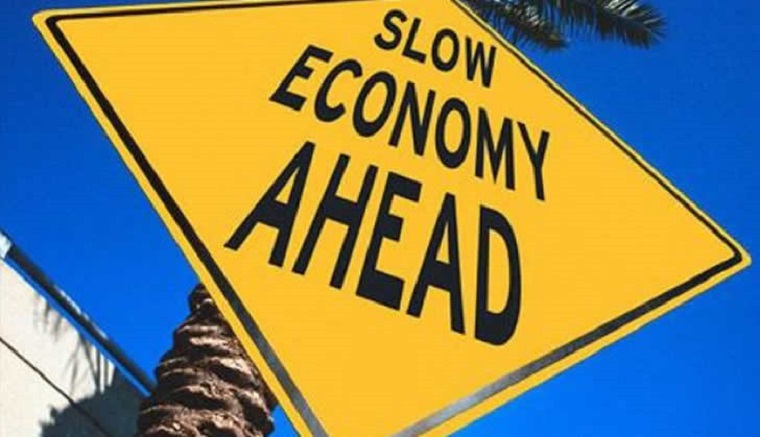The Zimbabwean central bank has reintroduced capital markets through the issuance of bonds and treasury bills to fund infrastructure development and other government projects.
But, with international investors largely staying away from committing fresh funds to Zimbabwean projects, humanitarian, development, bilateral and multilateral partners have been left with the burden of averting hunger and funding capacity, as well as infrastructure development.
Melanie Robinson, the UK ambassador to Zimbabwe, said this week that the embassy would engage with Mnangagwa’s administration to discuss “its response to the humanitarian situation” in the country. The UK will target its support “at those who need it most”, and will press for economic and political reforms.
Damoni Kitabire, African Development Bank country representative in Zimbabwe, said that the funder “would have expected more [in terms of economic reforms] because Zimbabwe finds itself in a difficult situation”.
Zimbabwe is undertaking an International Monetary Fund-monitored programme to reform its economy, starting with monetary reforms, which appear to be yielding little as the introduction of the Zimbabwean dollar has degenerated into value loss for the local unit, while banks are still battling to meet depositors’ demands for hard local cash, despite the introduction of new local notes.
“I think the government should do more, faster. Given where we are, we could do more and faster,” said Kitabire.
The reforms that Zimbabwe has undertaken include removing subsidies on petroleum and electricity, but this has meant that the country has tipped into hyperinflation, which is exacerbated by wage stagnation among the formally employed.
Rand Merchant Bank economist Neville Mandimika expects the US and Iran standoff to escalate the inflation situation in Zimbabwe due to the knock-on effects of an expected surge in the oil price.
“The recent surge in oil prices driven by US-Iran tensions will undoubtedly put pressure on Zimbabwe’s inflation, given that we are importers of fuel. With annual price growth already at about 400%, this will affect the consumer heavily,” said Mandimika.-City Press
(125 VIEWS)

